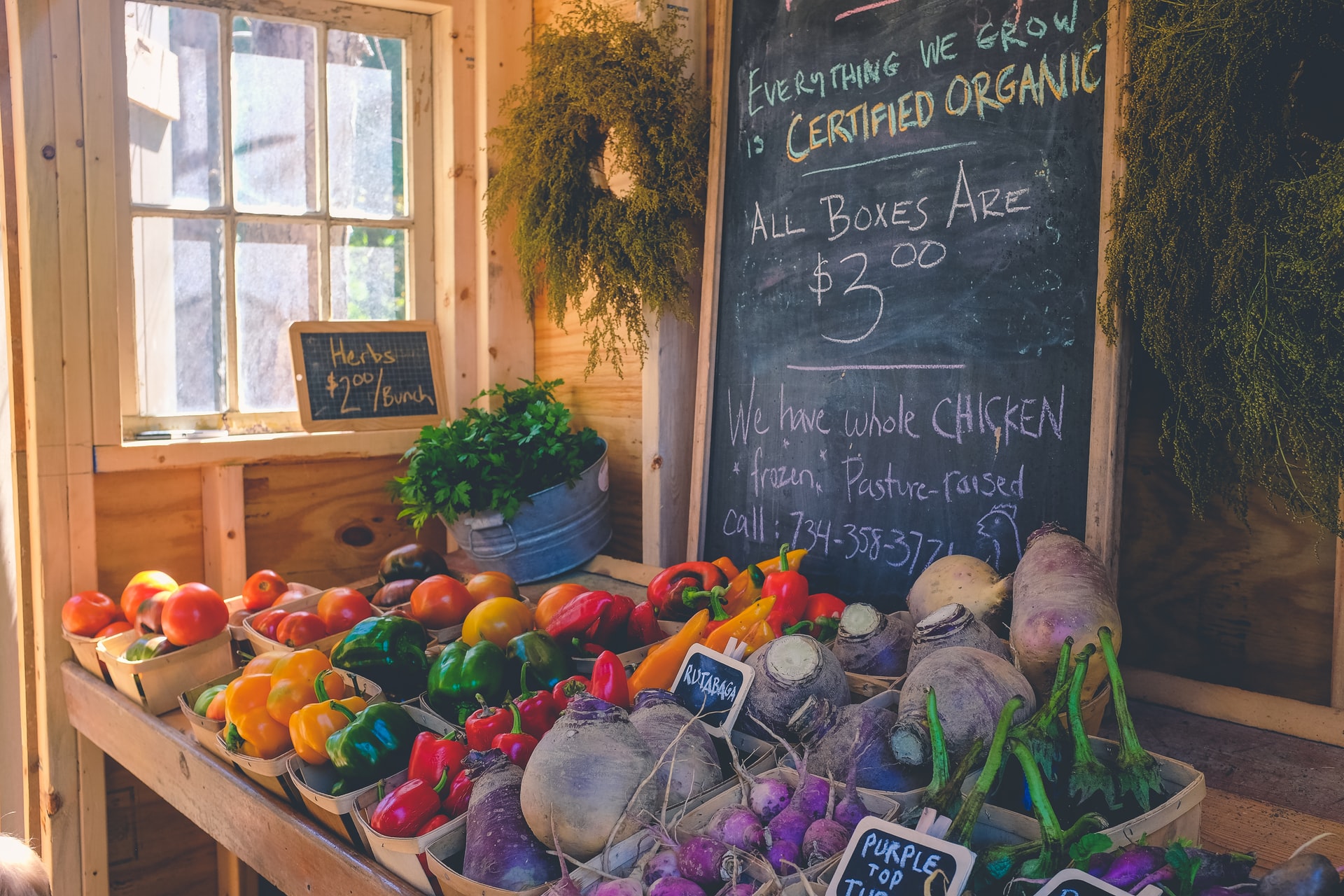With more and more people showing concern over the quality of the food they eat, it is a better time than ever to be an organic farmer.
Just one advantage is that organic farmers make more money than their non-organic competitors.
Findings from a meta-analysis conducted by Washington State University (WSU) revealed that organic farmers typically earn between 22 percent and 35 percent more profit than non-organic farmers.
“Public perception is that if you’re doing organic, maybe you’re sacrificing financial sustainability, but we show that’s really not the case,” explained study co-author David Crowder, professor of entomology at WSU.
“If you’re getting a 30 percent margin on your competitors, that would be the envy of almost any business.”
The reason for the higher profit margins of organic farmers has a lot to do with smaller supply and higher pricing. The study found that organic farmers typically produce between 10 percent and 18 percent less than non-organic farmers.
Compensating for that smaller crop yield are the higher prices that consumers pay for organic foods. So fewer sales are required to make up the difference financially.
While organic foods typically would only need up to seven percent higher pricing to break even on production costs, most sell at up to 32 percent premium pricing.
The large disparity also helps make up the difference of labor costs, which for organic farming run up to seven percent higher than conventional counterparts.
Fortunately, organic farming also doesn’t require the same large capital investment of conventional, chemical farming. Organic pesticides and fertilizers can be created locally, which means a lower cost.
Since their investments are lower, a poor crop yield or natural growing issues means less financial loss also.
Besides the financial aspect, there are some important environmental benefits to organic farming to consider as well. These benefits include ecology, biodiversity, and improved soil quality.
How do you become an organic farmer?
One of the biggest hurdles to becoming an organic farmer is the requirement that the land is free of pesticides for at least three consecutive years. Not to mention, farmers are not allowed to sell their organic products in the marketplace until those three years have passed.
Unfortunately, while the demand is growing for organic food, current organic farmers are not able to meet the demands. At this time, only one percent of farmers are using organic methods of production.
“We’re definitely not saying 100 percent should be organic,” said Crowder. “But there’s a really high demand for organic that isn’t being met right now.”
Organically grown produce also tends to be more resistant to insects and diseases. This was shown through research conducted in the 1930s by U.S. doctor and oil nutrition pioneer Dr. Charles Northern.
As a consumer, you already know that organic produce has a superior quality and taste over conventionally produced food. Why not consider starting your own small organic garden to enjoy quality organic food year round.


